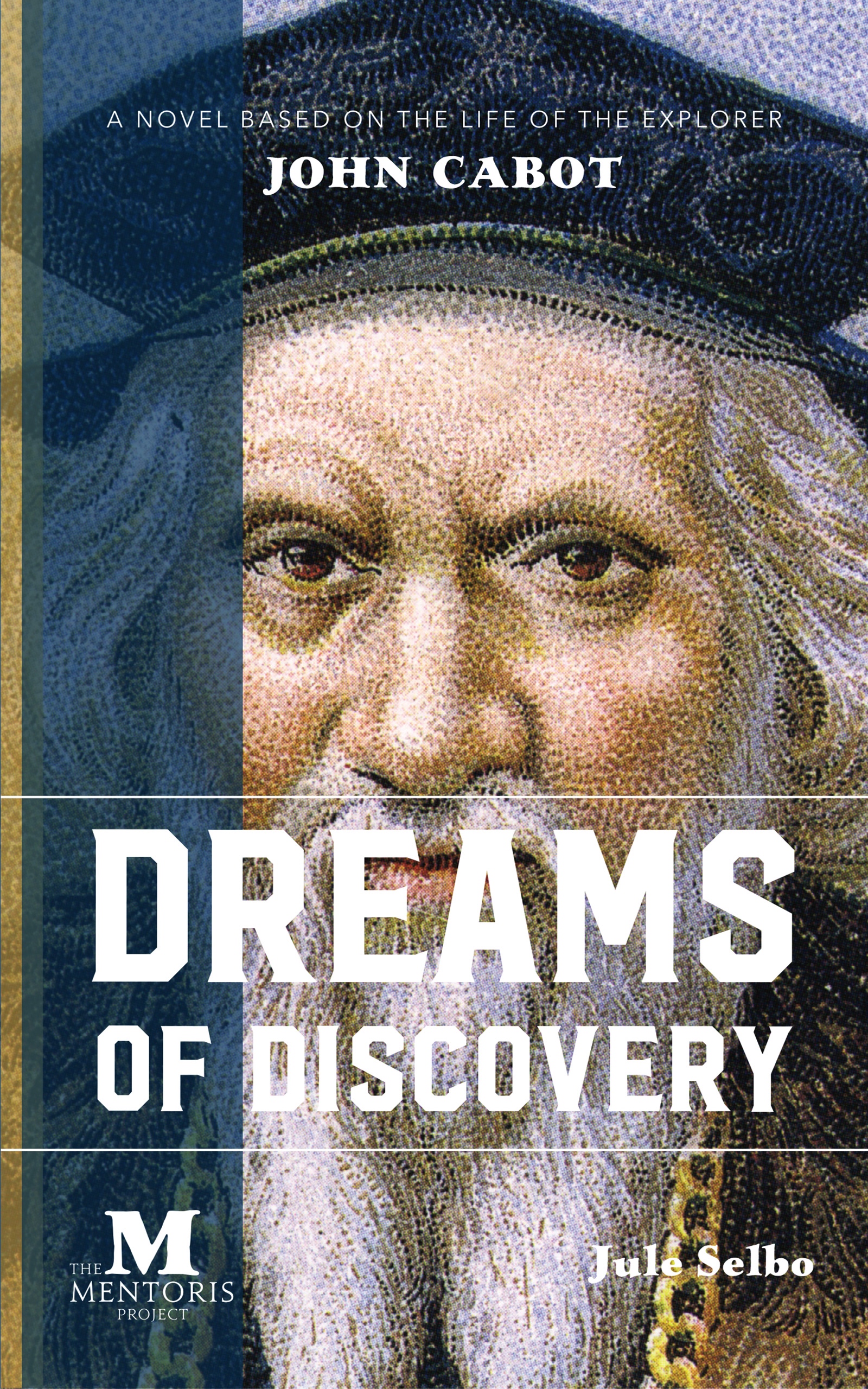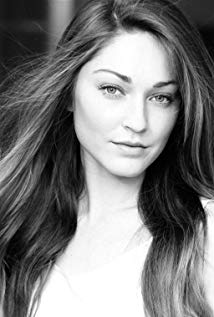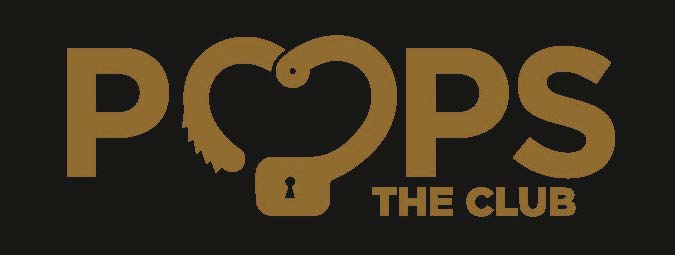I'm taking a slight detour from memoir, to learn about writing historical fiction!
My dear friend, mentor and colleague, Jule Selbo, recently released her book about the legendary explorer John Cabot. Jule has been instrumental in my path as a educator. As the former Chair of the MFA screenwriting program at Cal State University, Jule invited me to teach Story Structure to undergrads after completing my degree. It's no surprise that she says 'structure' is the thing she comes back to time and again, no matter what she is writing - a play, screenplay or novel. I wholeheartedly agree and highly recommend her book Screenplay: Building Story Through Character if you want to learn more about her approach. It can be applied to any story you're writing, not just a screenplay!
Jule Selbo is a tour de force! She has written feature films and television series for major studios and networks, and plays that have been produced in New York City and Los Angeles. In addition, she has written books on screenwriting and created the Masters of Fine Arts in Screenwriting program at California State University, Fullerton, where she is a professor.
Jule's debut historical fiction novel, John Cabot: Dreams of Discovery, captures the life of the great explorer. As a child, Cabot dreamed of captaining a ship across a mysterious, uncharted Ocean - from Europe to the riches of China. In the 15th century, the Turks had a stranglehold on the Silk Road, the only viable trading route from Europe to the Far East. There were promised riches and glory to the one who could find an alternate route to Asia. This is a story of a determined man who risked everything.
Karin Gutman: What drew you to write a book about John Cabot?
Jule Selbo: A wonderful Italian-American man named Robert Barbera became determined that one of his legacies would be commissioning books on the Italians or Italian-Americans who contributed to America. His publishing arm is Barbera/Mentoris; he believes that books on actual people who overcame great odds to achieve goals can inspire. I was lucky to be hired to write two of these books—the first one is the story of Giovanni Caboto (John Cabot) and the other is about Laura Bassi, a scientist in the 1700s in Bologna, Italy who, taking her cues from the newly coined era called the Enlightenment, became the first woman to gain her doctorate at the prestigious University of Bologna. And after many obstacles, she became the head of the physics department, paving the way for many women to receive higher education in Europe.
The story of Giovanni Caboto (he took the name John Cabot when he moved to England to get King Henry VII’s patronage) was a great challenge and that is partly why it appealed to me. Whereas Columbus was a bit of a braggart and attention seeker, Caboto kept his focus on two things: his dream of exploration and his family. Digging into his story, bringing the scenes and characters to life, researching the paths of other explorers and coming to an understanding of navigation and politics of the era—all of it was fascinating to me.
Karin: Had you ever written historical fiction? How did you approach the process?
Jule: I have been a history buff my whole life. When I wrote for George Lucas on Young Indiana Jones Chronicles we were asked to be as historically correct as we could be (that’s where the fiction comes in) as we brought young Indiana Jones to life. In one of my episodes, young Indiana hangs with Puccini during the first production of Madame Butterfly, in another he is with Bronislaw Malinowski in New Guinea (one of the first anthropologists), in another he learns to play tenor saxophone with Sidney Bichet. Of course, sometimes “adventure” was added and sometimes the adventure of the story was inherent—but the historical parts of the characters and era were true to the time.
As far as HISTORICAL NOVEL, yes, this is my first one.
How did I approach it? I spent many many weeks in research. Then I would start to structure how I might tell the story. My “boss,” Mr. Barbera, wanted a life to death story, so I knew I had a lot to cover. I needed to find, for me, what make this character “tick” and have the gumption to fight for his huge goal. Then I would go back to research. And write again. The Caboto book took about 9 months to write. I am a stickler for keeping it as “true” as possible.
Karin: You call this a NOVEL versus an autobiography. How do you strike the balance between writing about someone’s life and taking liberties of fictionalizing it?
Jule: The most interesting challenge is making the characters “talk” and creating the scenes and pushing the story forward. The goal was not to go over 70,000 words. That’s about 230 pages or so. That’s not a lot of pages to tell a complete life story. But because my background is screenwriting, the word “cut to” kept coming to mind. The questions, “what are the most important scenes that will get him from desire to actualization? What characters do I need to add just to make the story work and give Caboto someone to talk to? What characters would illuminate his desire? I knew Caboto had a brother, and they stayed close all his life, but Piero never was a sailor. That gave me a clue as to who Piero (brother) was. I knew Caboto married Mattea and that she moved with him to England. It made me wonder, because this was unusual for a wife to move herself and family away from familial home. It made me think she might have been adventurous too and, unlike many women of the time, acted on her desires. And what did it say about their relationship and love for each other? So I don’t think of it as taking liberties as much as putting the clues together and fashioning a full persona.
I stuck to the trajectory of his life—his move from Genoa to Venice (getting in trouble there) to Catalonia and finally to England. I feel a duty to give the reader actual life facts wrapped in an “informative, exciting” read.
Karin: You have such a widespread background as a writer - plays, screenplays, textbooks, etc. What new things did you learn, or that surprised you, with this new genre?
Jule: How much I loved it. I always point to working with Lucas on Young Indy as one of the most fun and challenging jobs I had as a TV writer. The research, the facts, the history—bringing it all together in an entertaining way—it’s fun for me.
I learned a lot more about how to research and where to find credible facts and information. Surface google searches are not the best places to rely on. And academic resources will, sometimes, disagree with one another. Only in digging, digging, and digging can one come to a moment piece and decide how to put all the clues together.
Karin: What are some fundamentals of craft, the things that you return to time and again, no matter what you’re writing?
Structure. I believe in telling a good story and I do believe a good story has strong structure—to pull the reading audience along.
Karin: What do you hope that readers take away from this book?
Jule: That there were incredible explorers in this era. They were led by what they imagined could be. That navigation was in its raw form, but a desire to know how the world was shaped propelled dangerous exploration. That having big dreams is exciting and that even though they may take time to come to fruition, they can be reached. That a person’s worth has little to do with others’ perceptions, but with self-satisfaction.
Karin: What creative projects do you have cooking now? I know you’re always working on many things. Tell us something that you are EXCITED about!
Jule: My historical fiction novel on Laura Bassi—I think it will be entitled Unstoppable: Based on the Life of Laura Bassi—comes out in October. She was a scientist who broke through many barriers set to keep women out of higher education and science in the 1700s.
I am working hard to finish my first private investigator book based in Portland, Maine. My main character is a female ex-cop who had to leave the force for medical reasons and I love the character.
My women’s fiction/romance book Piazza Carousel, that I published independently a year ago, has been picked up by a publisher and will be re-issued this Fall and the publisher has me signed to do a sequel.
So my plate is full, but I am loving it!
To learn more about Jule Selbo, visit her website.






















